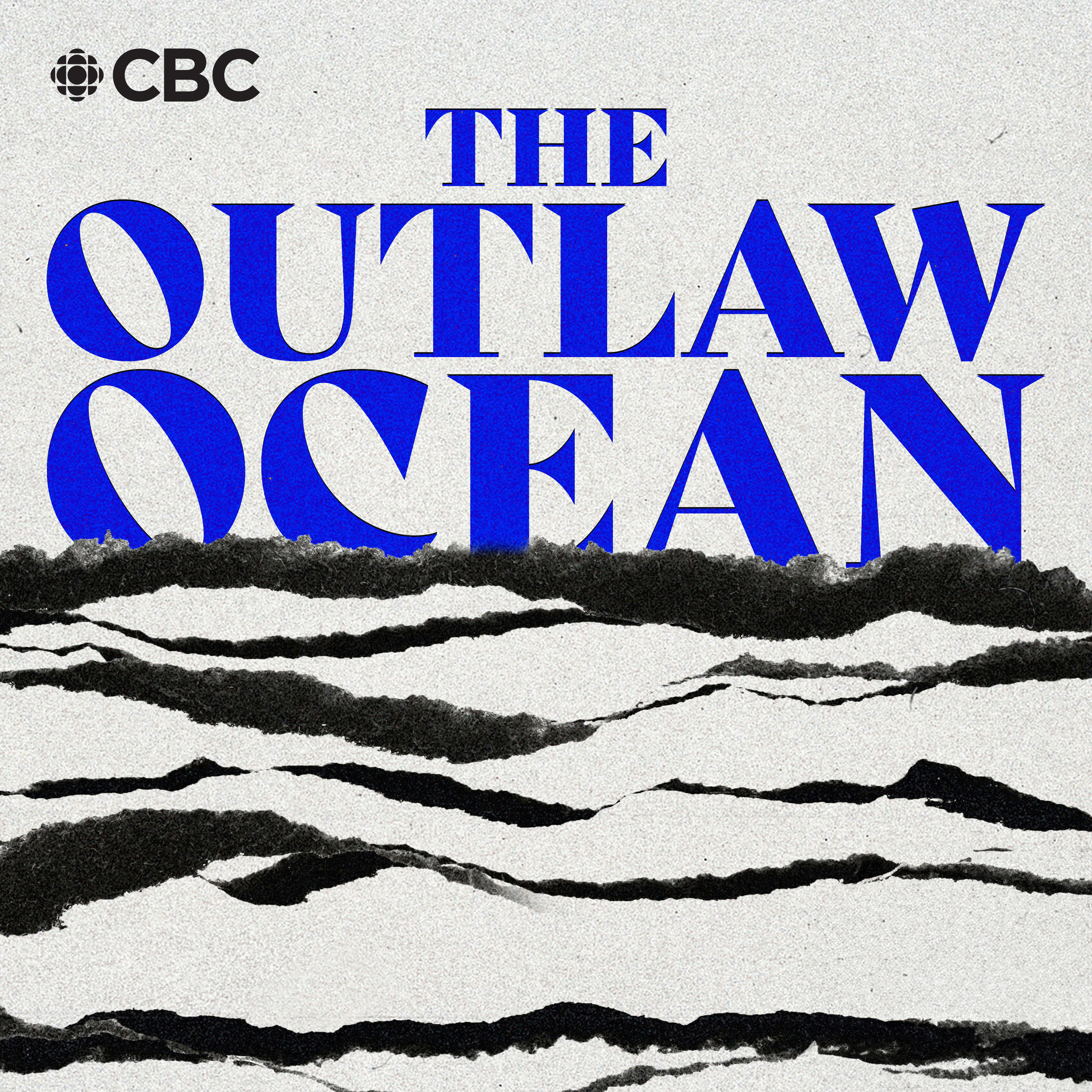
The Outlaw Ocean
Author: CBC
Subscribed: 2,401Played: 33,860Description
Where the law of the land ends, the story begins. Pulitzer-prize winning journalist Ian Urbina returns with a new season of his riveting podcast anthology, The Outlaw Ocean, which explores the most lawless place on earth — the vast unpoliceable ocean. New episodes starting June 4, 2025.
In season two, Urbina sheds light on the secretive Libyan prisons swallowing up sea-faring migrants; flagrant human rights abuses in China’s massive off-shore fleet; the horrors of a shrimp processing plant in India; and the wild story of a modern-day James Bond — if he were a repo man.
Urbina and his team repeatedly risk their safety to tell stories powerful people don’t want you to know. As podcast reviewer Lauren Passell notes, “Ian’s not relying on research, he was there [...] Outlaw Ocean makes you feel like you’re there, too.”
This immersive audio documentary series brings together more than eight years of reporting at sea on all seven oceans and more than three dozen countries.









;Resize=(3000).jpg)
;Resize=(3000).jpg)










Thank you for bringing these great investigations as a form of podcast. Each episode blows me away. keep up the amazing work 💪
Superbly done - immensely informative.
when hearing the magnitude of damage we are causing to this planet it physically hurts. how can we do this to our own planet for money? is money going to feed us, give us Air or water in 100 years time? and we have the nerve to go exploring to other planets...
What an excellent series.
when you guys were talking about music and comedies, you totally forgot the hangover and the song Fever when they wake up
eye opener podcast. very interesting and sad to hear all the lives being affected by this global unsustainable economy we are living in. great work on the podcast and thanks for all your hard work